Theresa May resigns: five moments that sank her premiership
Her exit comes as no surprise now but few were anticipating failure back in July 2016
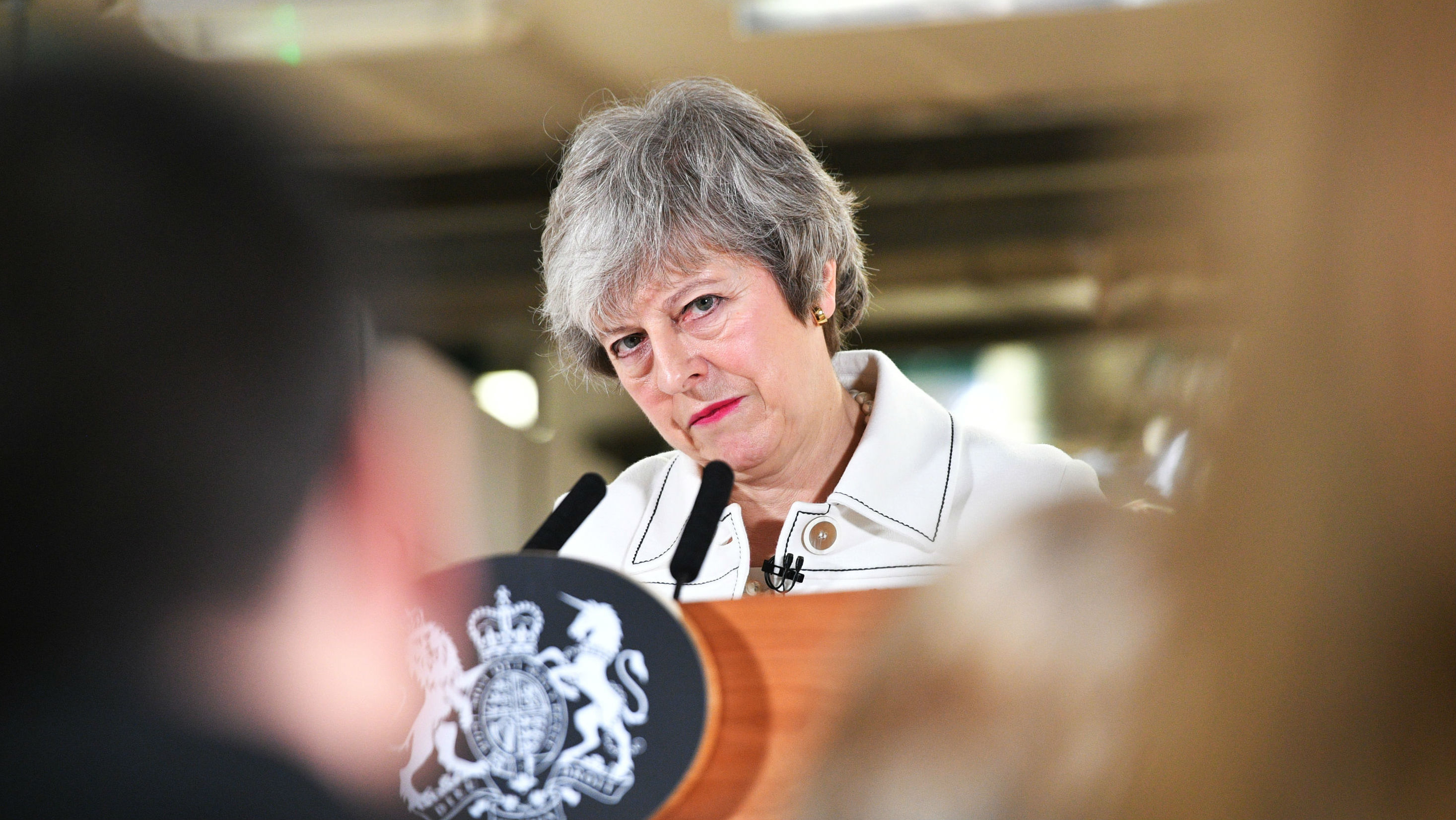
A free daily email with the biggest news stories of the day – and the best features from TheWeek.com
You are now subscribed
Your newsletter sign-up was successful
Theresa May has announced that she will step down as leader of the Conservative Party on 7 June, as her three-year tenure as prime minister draws to a disastrous close.
The New Statesman’s Stephen Bush believes that history will not be kind to May. “She inherited a parliamentary majority with three years left to run and a comfortable opinion poll lead”, but will pass on “a deadlocked parliament and no obvious route to an overall Conservative victory”, he writes.
Although May was “hemmed in by hard-line Brexiteers and Remainers on either side”, she hardly helped matters by building “a reputation for making decisions via a tightly-knit group with an air of secrecy”, adds Bloomberg.
The Week
Escape your echo chamber. Get the facts behind the news, plus analysis from multiple perspectives.

Sign up for The Week's Free Newsletters
From our morning news briefing to a weekly Good News Newsletter, get the best of The Week delivered directly to your inbox.
From our morning news briefing to a weekly Good News Newsletter, get the best of The Week delivered directly to your inbox.
Yet few anticipated such an ending when, on 11 July 2016, May “emerged from the Commons as the new PM elect, surrounded by gushing sycophants, the darling buddies of May”, says The Times’ Patrick Kidd. Politics “seemed easy for her then,” he continues.
She looked even more at ease in the top job a week later when she invoked the spirit of Margaret Thatcher at her first PMQs - a move that “was like parliamentary Viagra to her honourable members”, says Kidd.
But after that, her leadership slowly began to unravel. Here are five of the moments that helped sink May’s premiership.
Losing her majority
A free daily email with the biggest news stories of the day – and the best features from TheWeek.com
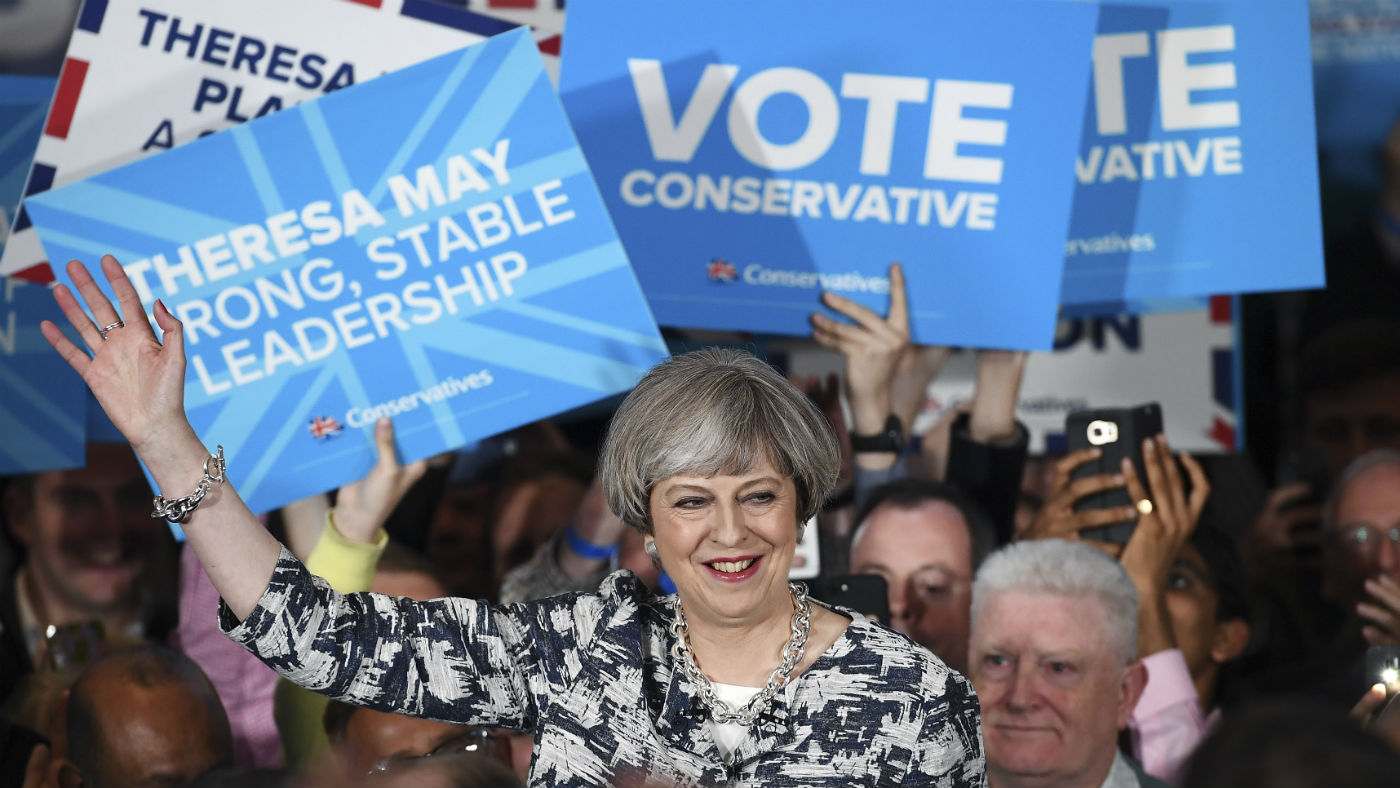
In April 2017, in what was to be the first of many U-turn, May called a snap election, despite having ruled out such a move on a number of previous occasions.
The campaign was something of a disaster, with May defying predictions that the Tories would win a huge majority, leaving her reliant on Northern Ireland’s Democratic Unionist Party (DUP) to cobble together a majority.
Indeed, The Spectator’s Rod Liddle described it as “the worst Tory election campaign ever”, while the BBC’s Laura Kuessberg noted that “May’s reputation crashed, arguably faster than any other in modern British political times”, in the aftermath of the vote.
One of the main things that hobbled the campaign was the Tories’ decision “to make it all about May’s personality, not realising she lacked one”, says The Times’s Kidd.
In addition, May’s manifesto was “a politically toxic document that insulted the young, offended the elderly and alienated the middle-aged”, says the New Statesman’s Bush.
The loss of the Tory government’s majority all but sealed the PM’s ultimate fate, he adds.
“Not only did her maladroit conduct of the 2017 campaign cost their majority and the careers of their colleagues and friends”, it also “locks them into a Brexit trajectory in which the only available exits are ones that most Conservative MPs fear will be politically disastrous”, Bush wrote back in December.
Reaction to Grenfell
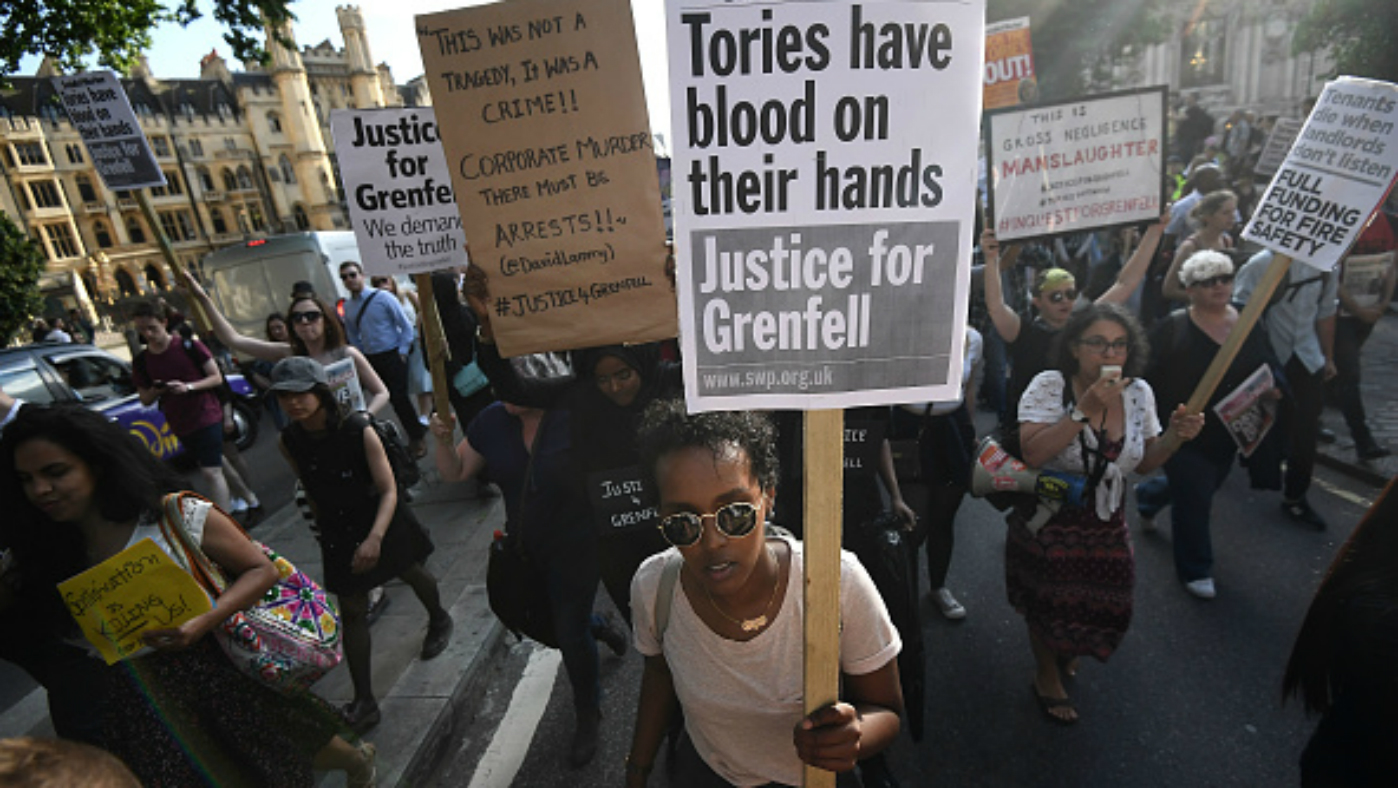
In the aftermath of the disaster at Grenfell Tower that claimed 72 lives in June 2017, May drew ire for what HuffPost describes as her “infamous, almost inexplicable, failure to meet local people affected by the fire”.
The episode highlighted a major perceived failing of the PM’s personality - lack of empathy. Indeed, during the Syrian refugee crisis in 2015, The Daily Telegraph’s Cathy Newman claimed that May had “a serious compassion deficit which could be her undoing”.
May acknowledged that she had made a mistake in her handling of the Grenfell tragedy, in an article in the London Evening Standard a year after the blaze. “Residents of Grenfell Tower needed to know that those in power recognised and understood their despair. And I will always regret that by not meeting them that day, it seemed as though I didn’t care,” she wrote.
Brexit deal defeats
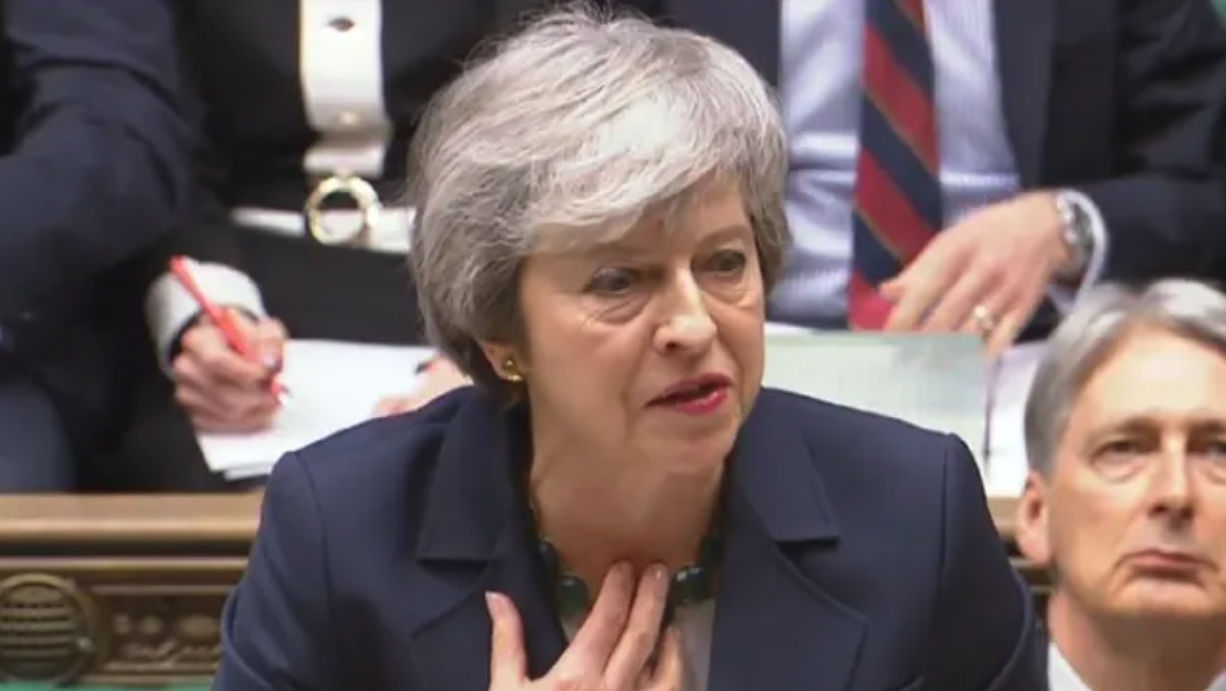
The latter half of May’s time in office has been defined by successive rejections of her Brexit deal. The PM pulled the first parliamentary vote on her Brexit deal at the end of last year, acknowledging that it “would be rejected by a significant margin” if MPs voted on it. Instead, she hoped to avoid a humiliating defeat by returning to Brussels to seek to renegotiate the backstop.
As it turned out, when the meaningful vote finally did take place four weeks later, May suffered the heaviest parliamentary defeat of any British PM in modern history.
It was then that she made another grave error, says Sky News’ Lewis Goodall. “Even in January, she could have changed tack. She could have made a bold offer to Parliament. She could have compromised. She could have acted politically. Instead her strategy was to try and ram through the same thing again and again- to force MPs to bend through force of will,” Goodall tweeted.
Despite further record-breaking defeats, “she kept going, running on fumes, the slave of duty, insisting that she had been very clear about whatever it was she was clear about”, says The Times’s Kidd. But “it was seldom clear”, he adds.
Losing the game of ‘no-deal’ chicken
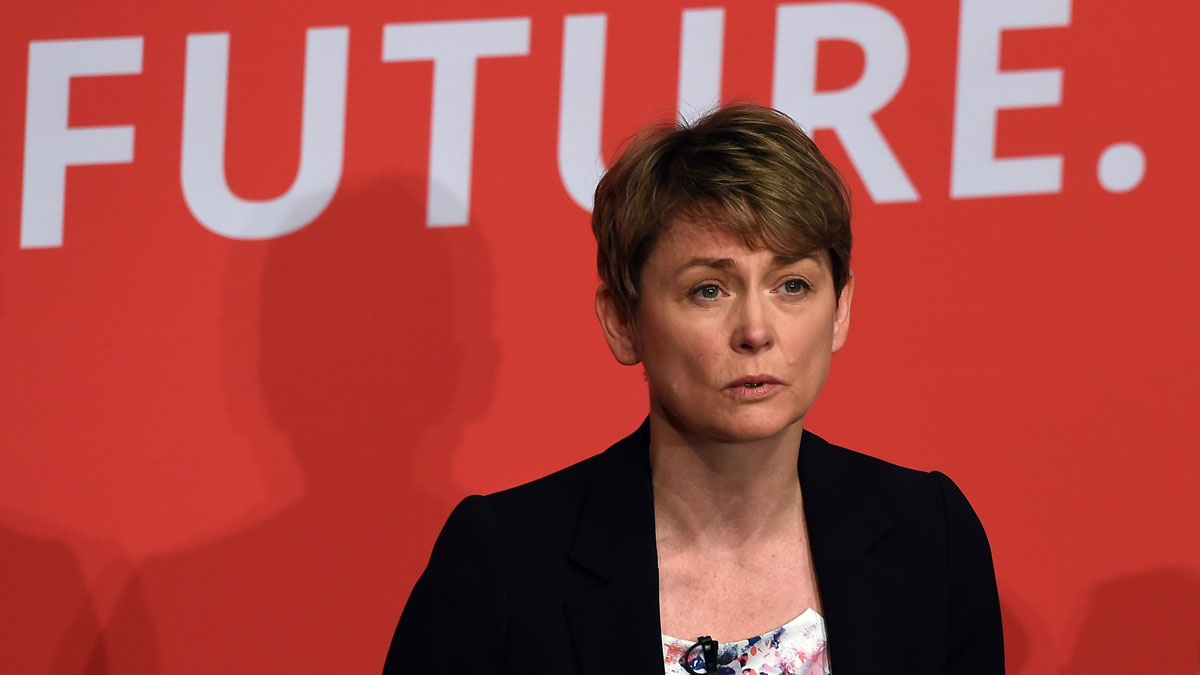
That was not the end of her errors in the Brexit process. In February, May made “a grave mistake in not resisting Yvette Cooper and Oliver Letwin’s anti no-deal legislation more fiercely”, says The Spectator’s James Forsyth, who argues that this error “fatally compromised her ability to push her own deal through”.
“The only way to get a Brexit agreement through this hung parliament is to make either those who fear ‘no Brexit’ or those who worry about ‘no deal’ vote for the Bill,” he continues. “But that can only be done when MPs believe that not voting for a deal will lead to one of those outcomes.”
If the choice “had been between leaving with no deal and leaving with May’s deal on 29 March, Parliament would have taken the deal”, Forsyth concludes.
Refusal to compromise
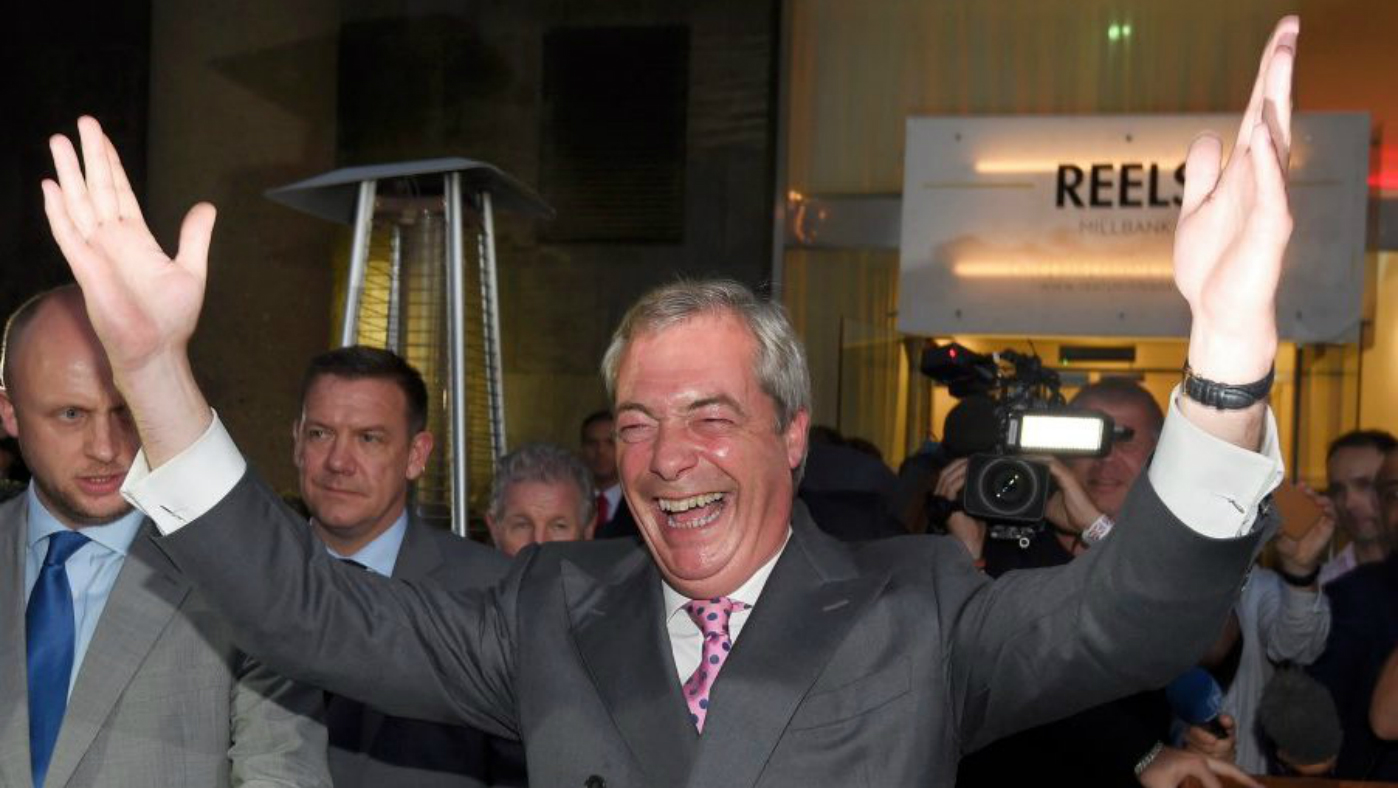
May pleaded for future compromise over Brexit as she announced her resignation at the Downing Street podium. But “her political opponents are already remarking that’s a plea she only heeded far, far too late”, says the BBC’s Laura Kuenssberg.
In her last roll of the dice, May attempted to win over Labour MPs with changes to her Brexit deal, yet “she seemed wooden and inflexible even in seeking the compromises she so desperately needed”, says The Guardian’s Simon Jenkins.
Many commentators believe that in the end, it was this rigidity that ultimately put paid to any hope she had of carrying on as PM until autumn. By refusing to accept until the last minute that the European elections would take place, she gave Nigel Farage a free run at the Tory membership.
“Farage has one signature manoeuvre: he uses electoral vehicles, political parties of his creation as enormous electoral pressure groups on the Conservatives,” says Sky News’ Goodall.
“It was only when the Conservative’s popularity plunged, vote-share gobbled by the voracious new Brexit Party, only when activists began to defect in droves, that the axe was finally swung [on Theresa May’s premiership].”
Goodall concludes: “Farage can, arguably, claim the scalp of a second Conservative prime minister in a row.”
-
 Bonfire of the Murdochs: an ‘utterly gripping’ book
Bonfire of the Murdochs: an ‘utterly gripping’ bookThe Week Recommends Gabriel Sherman examines Rupert Murdoch’s ‘war of succession’ over his media empire
-
 Gwen John: Strange Beauties – a ‘superb’ retrospective
Gwen John: Strange Beauties – a ‘superb’ retrospectiveThe Week Recommends ‘Daunting’ show at the National Museum Cardiff plunges viewers into the Welsh artist’s ‘spiritual, austere existence’
-
 Should the EU and UK join Trump’s board of peace?
Should the EU and UK join Trump’s board of peace?Today's Big Question After rushing to praise the initiative European leaders are now alarmed
-
 Local elections 2026: where are they and who is expected to win?
Local elections 2026: where are they and who is expected to win?The Explainer Labour is braced for heavy losses and U-turn on postponing some council elections hasn’t helped the party’s prospects
-
 How corrupt is the UK?
How corrupt is the UK?The Explainer Decline in standards ‘risks becoming a defining feature of our political culture’ as Britain falls to lowest ever score on global index
-
 The Mandelson files: Labour Svengali’s parting gift to Starmer
The Mandelson files: Labour Svengali’s parting gift to StarmerThe Explainer Texts and emails about Mandelson’s appointment as US ambassador could fuel biggest political scandal ‘for a generation’
-
 Three consequences from the Jenrick defection
Three consequences from the Jenrick defectionThe Explainer Both Kemi Badenoch and Nigel Farage may claim victory, but Jenrick’s move has ‘all-but ended the chances of any deal to unite the British right’
-
 The high street: Britain’s next political battleground?
The high street: Britain’s next political battleground?In the Spotlight Mass closure of shops and influx of organised crime are fuelling voter anger, and offer an opening for Reform UK
-
 Biggest political break-ups and make-ups of 2025
Biggest political break-ups and make-ups of 2025The Explainer From Trump and Musk to the UK and the EU, Christmas wouldn’t be Christmas without a round-up of the year’s relationship drama
-
 The MAGA civil war takes center stage at the Turning Point USA conference
The MAGA civil war takes center stage at the Turning Point USA conferenceIN THE SPOTLIGHT ‘Americafest 2025’ was a who’s who of right-wing heavyweights eager to settle scores and lay claim to the future of MAGA
-
 ‘The menu’s other highlights smack of the surreal’
‘The menu’s other highlights smack of the surreal’Instant Opinion Opinion, comment and editorials of the day